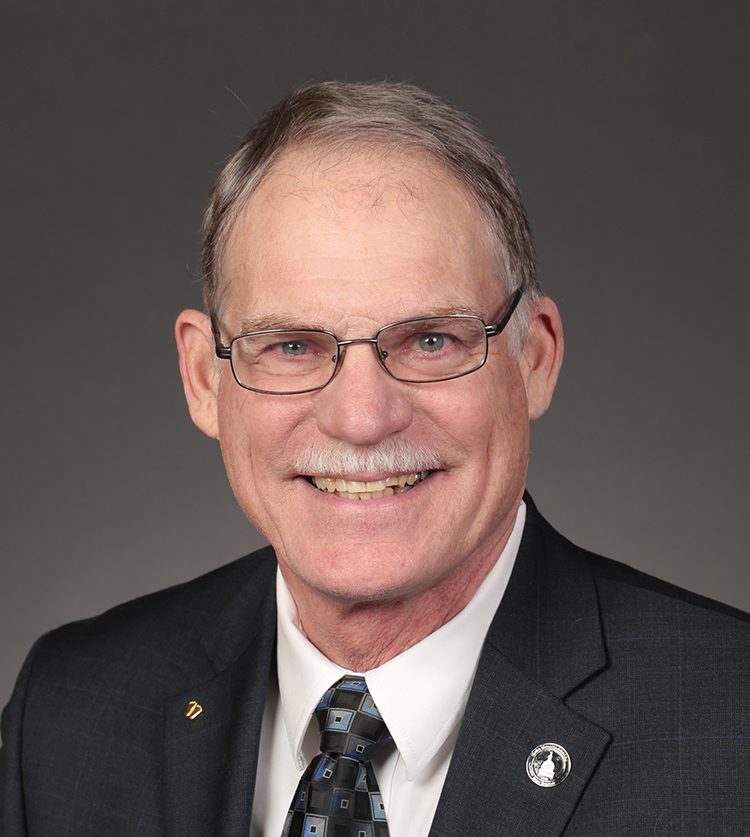The second week of the legislative session was busy, with most of the energy going into understanding how the Governor’s Students First Act would work. I’ll try to give you a brief overview.
The Student First Act will establish an Educational Savings Account (ESA) a parent can use to pay for private school tuition, tutoring or other non-public school expenses. The idea is to allow any parent the option of sending their child to an accredited non-public school and use the state part of school funding to help pay for it.
The state portion of the over $17,000 allocated for each student is almost $7600. If a parent chooses a non-public school for their child, they would have a savings account established with that money available to be used to fund a private school tuition. If that amount is not all used in a year, the balance is carried forward until the child graduates from 12th grade or reaches age 20. Some private schools have a lower tuition for grade school than high school, so this would allow a parent to save unused dollars from the lower grades to pay for high school. Funds left after graduation will be reverted to the General Fund of Iowa.
The plan phases-in over three years:
- Year 1: All kindergarten students, all prior public-school students plus private school students below 300% Federal Poverty level
- Year 2: All kindergarten students, all prior public-school students, all prior ESA recipients, and private school students at or below 400% Federal Poverty Level
- Year 3: All K-12 students
If a public school loses a student to a private school, they will receive $1200 per student to help cover the overhead costs that do not decrease. All schools will receive more flexibility to use their unspent categorical funds for teacher salaries.
There have always been some parents that for whatever reasons prefer educating their child in a non-public school. The pandemic allowed parents to see more of the school curriculum. Many parents have expressed concerns. ESAs will help those parents make use of options outside the public system.
The Students First Act was passed out of the Education and Appropriations committees this week and will be eligible for floor debate the week of January 23.
On other issues, I chaired a subcommittee that considered prohibiting the labor commissioner from asking employees if they have been vaccinated or have been tested for COVID. We passed this out of subcommittee, but need to research it more before running it in committee. The Labor Commissioner is part of Iowa’s OSHA department and Iowa is one of 22 states that runs their own program. If we place limits on the commissioner that conflict with federal laws, we may have the feds take back control of the Iowa program.

















